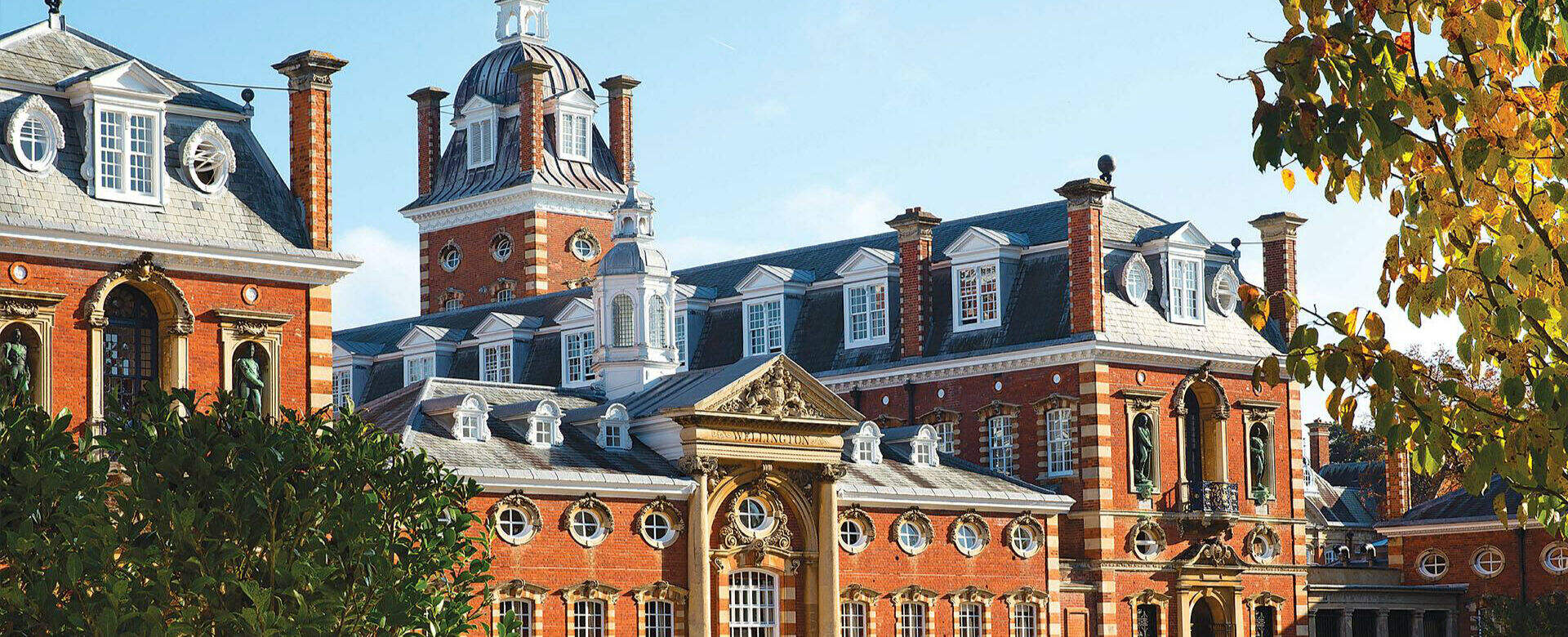Life education: 15 nature documentaries to watch
![]()
“My oceans.
My soil.
My flowing streams.
My forests.
They all can take you.
Or leave you.
How you choose to live each day, whether you regard or disregard me,
doesn’t really matter to me.
One way.
Or the other.
Your actions will determine your fate.
Not mine.
I am nature.
I will go on.
I am prepared to evolve.
Are you?”
— Nature is Speaking
As 2020 begins, humanity witnesses an historical moment. At this time, we must ask ourselves: As the most intelligent and advanced species on Earth, how do we respect the lives of other species? The Earth has suffered from many environmental problems over the years, which may be the result of a far-reaching lack of life education among its human inhabitants.
In his book The Little Prince, Antoine de Saint-Exupéry wrote, “All grown-ups were once children… but only few of them remember it.” As children we saw the world with love and compassion, but as adults we often cease to remember this very genuine and innocent worldview.
To reinforce the values of love and compassion in our students, we have selected 15 documentaries as recommended viewing over the next few months. With themes ranging from outer space to Earth, oceans to continents, forests to polar regions, and wilderness to urban cities, we hope our children will explore all the nooks and crannies of our planet through the lens of a camera. Let’s watch, listen, and reimagine the time when life first began to thrive on Earth. Let’s relive the intricate and mysterious relationship between humans and nature. This activity will be the perfect life education lesson for our children.
Earth and Space
1
Wonders of the Solar System
First aired: 2010| 5 episodes * 60 minutes
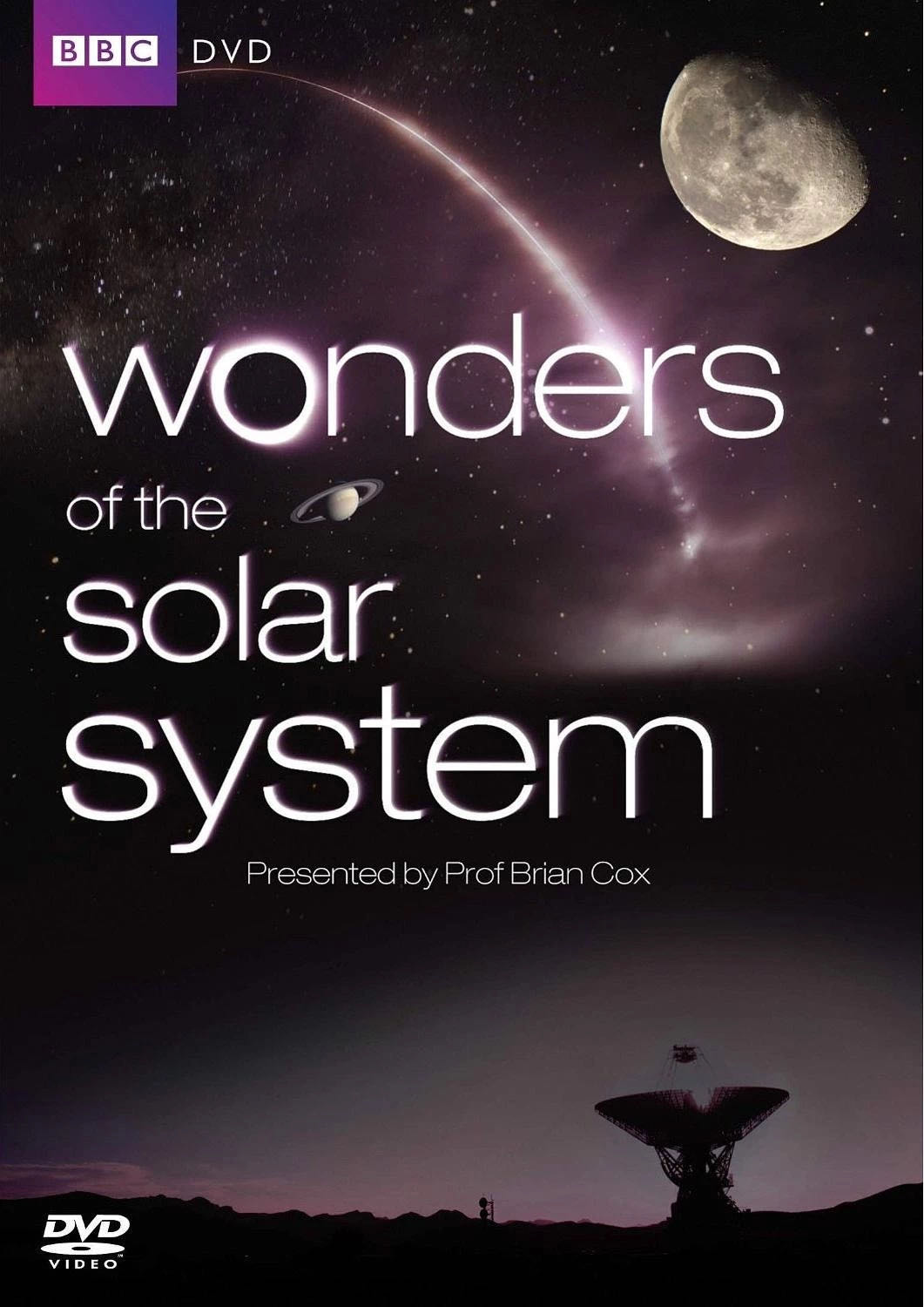
Have you ever wondered where humans come from, or what the future holds for Earth and the other planets in our solar system? Wonders of the Solar System follows British physicist Dr Brian Cox as he pulls back the hidden veil of outer space and explores the relationship between humans and solar system.
How does the night sky create such beautiful sights? How does the universe maintain order in outer space? How does our planet Earth relate to the wider solar system? How does this relationship allow the origin of human life – Earth – to thrive? This documentary series has all the answers you need.
2
Planet Earth II
First aired: 2016| 6 episodes * 50 minutes
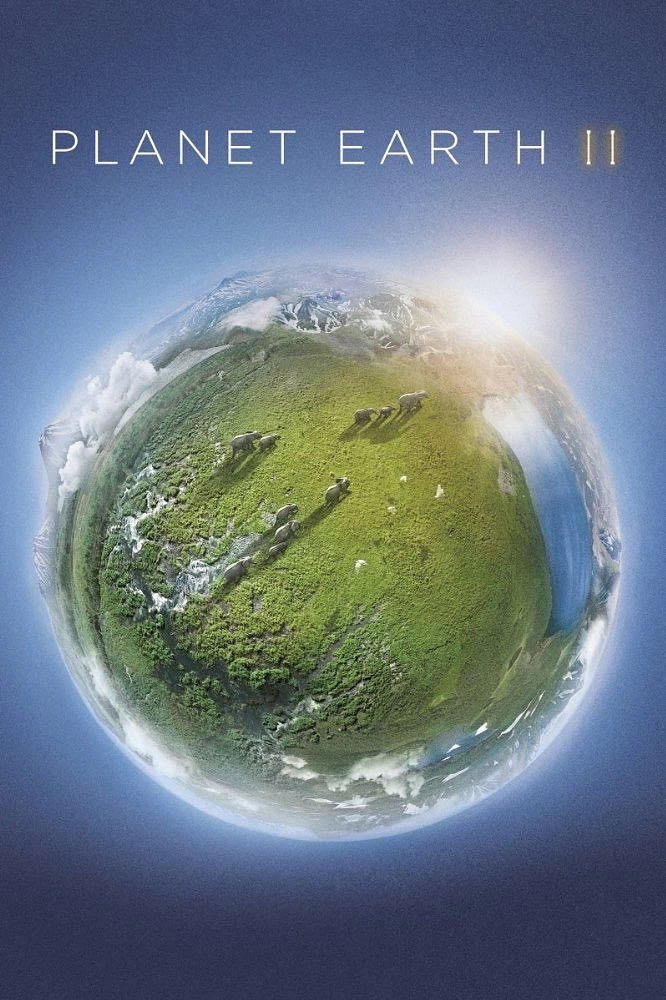
David Attenborough, often referred to as the father of modern nature documentaries, produced Planet Earth IIwith the BBC 2016. This master piece of modern film impressed the world and is rated 9.9 on Douban.
The production team’s revolutionary ultra-high-speed cameras, drone navigation, and top-notch filming skills allowed for the most picturesque scenes of life on Earth to be captured.
Throughout the series viewers will connec t with some of the wildest (and cutest) creatures in hard-to-reach locations, and learn how these animals have developed various habits and behaviours to adapt to the harsh natural environment around them.
Many of the animals filmed for this series are striving to survive in a world where human activities pose increasing threats to their habitats. Through this documentary series the audience will be reminded of the preciousness of Mother Nature and learn to cherish every living creature on Planet Earth.
3
Seven Worlds, One Planet
First aired: 2019 | 7 episodes * 60 minutes
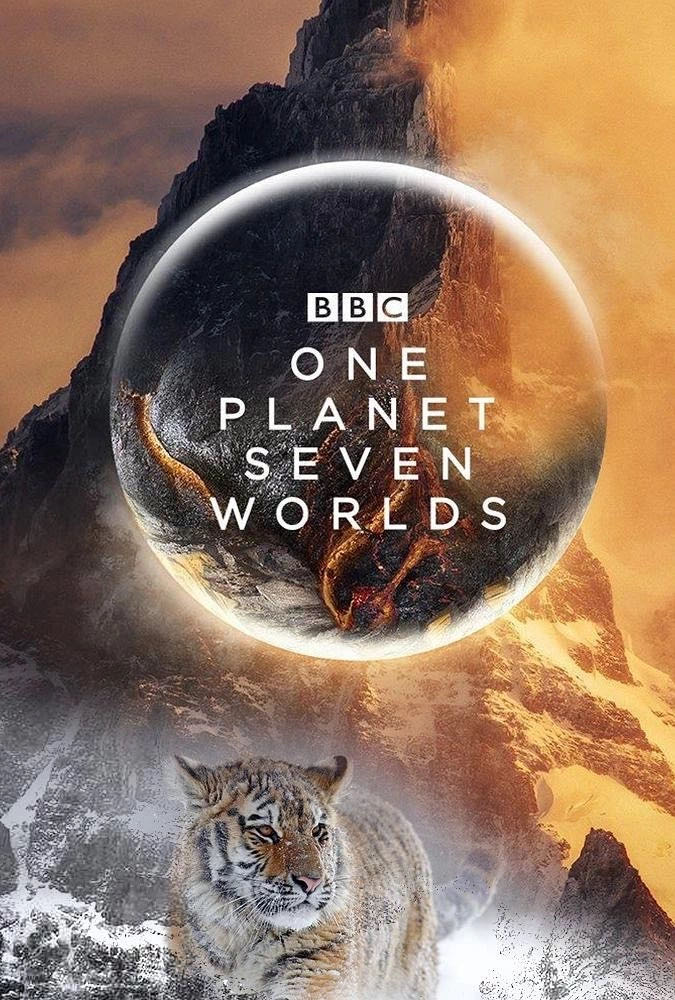
After four years spent roaming the seven continents, the BBC created the documentary series Seven Worlds, One Planet in 2019.
From South America’s dense forests to ice-covered peaks in Asia, and from Europe’s urban centres to vast African plains, this series aims to show its audience the astonishing biodiversity of Earth while also bringing to light the challenges animals face in a world where humanity’s ecological footprint continues to grow at an unsustainable rate.
With the deep and familiar voice of David Attenborough to guide us, this documentary series tells a story about the beautiful planet we live on and reminds us of the very special relationship between humans and nature.
4
Blue Planet II
First aired: 2017 | 7 episodes * 60 minutes
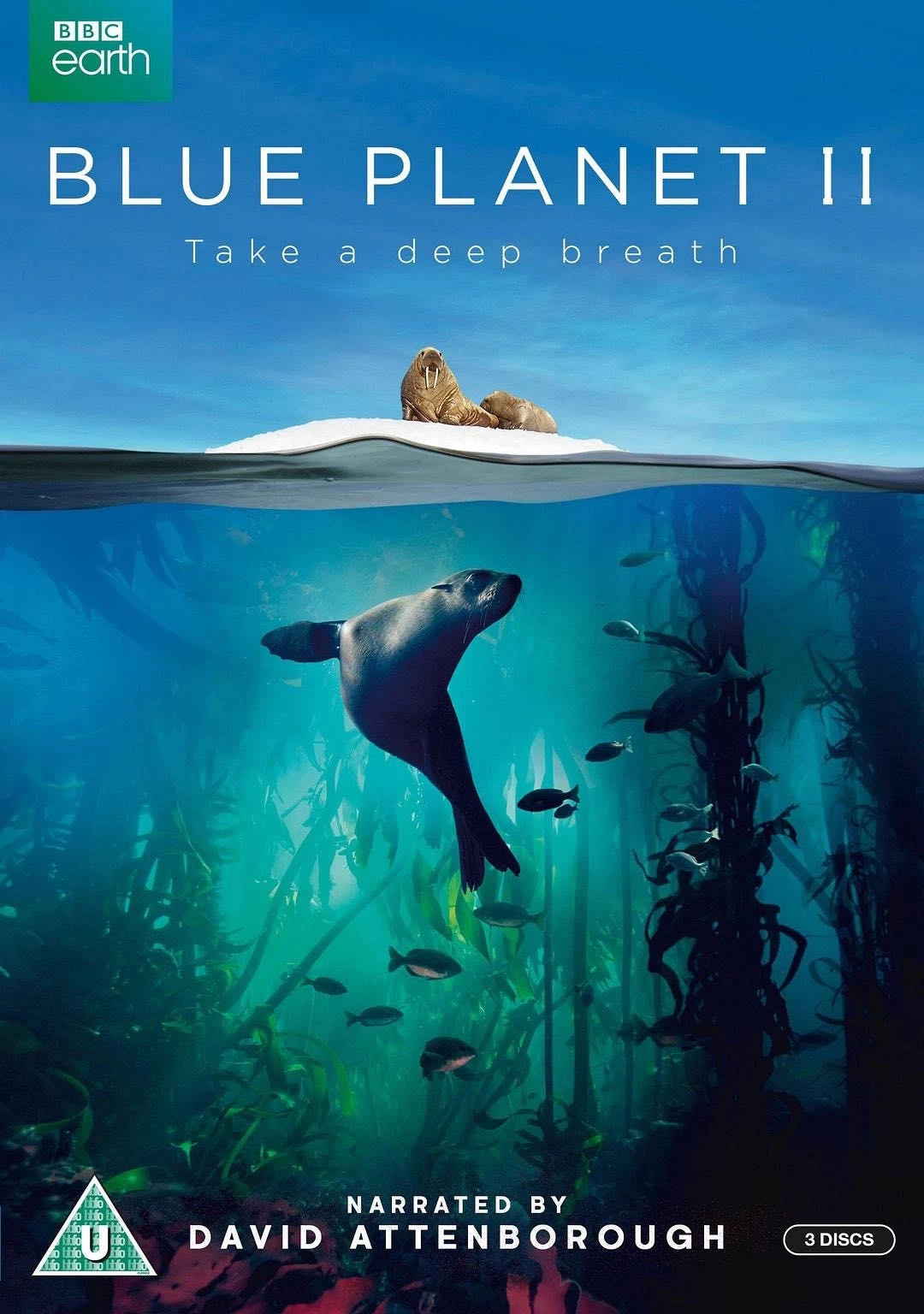
The ocean covers more than 70% of the surface of our planet; the continents on which humans reside are tiny in comparison. To date, humans have investigated less than five percent of the ocean, meaning that most of our planet remains unmapped, unobserved, and unexplored.
Blue Planet’s first airing in 2001 completely revolutionised the public’s understanding about life in our oceans. In 2017, a follow-up documentary series was produced by the BBC Natural History Unit.Blue Planet II, again narrated by David Attenborough, presents a fascinating insight into what life is like underwater. With new filming technologies at hand, the production team overcame old limits and shows its audience stunning scenes of aquatic creatures in previously unexplored regions.
5
Frozen Planet
First aired: 2011 | 9 episodes * 60 minutes
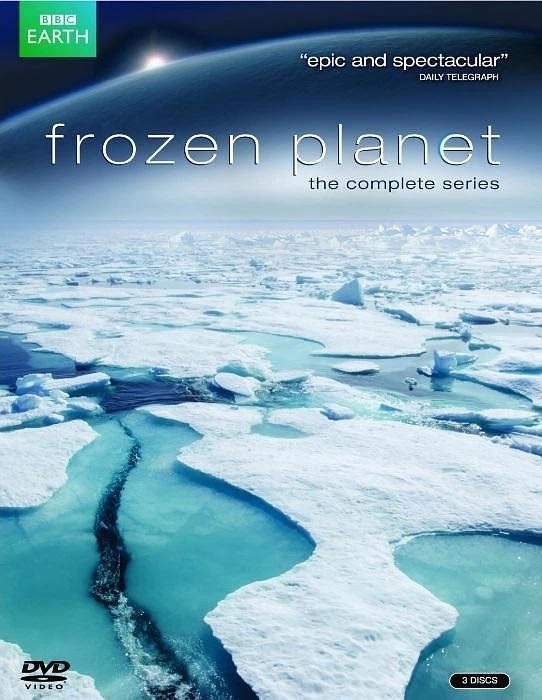
If you or your children are interested in the polar regions of our planet, then you must not miss out on Frozen Planet. Following five years of hard work, the production team managed to capture rare scenes of icebergs collapsing and volcanoes erupting, as well as beautiful shots of rocky peaks, meltwater lakes, and coniferous forests.
This documentary series presents to its audience life in the two poles of our planet. Animals struggling to survive in face of melting ice and scarce food resources show the audience how brutal our natural world can be.
To stay abreast of the ecological threats facing Earth’s coldest regions in the face of climate change, this series is the one for you.
Plants and Animals
6
Life Story
First aired: 2014 | 6 episodes * 60 minutes
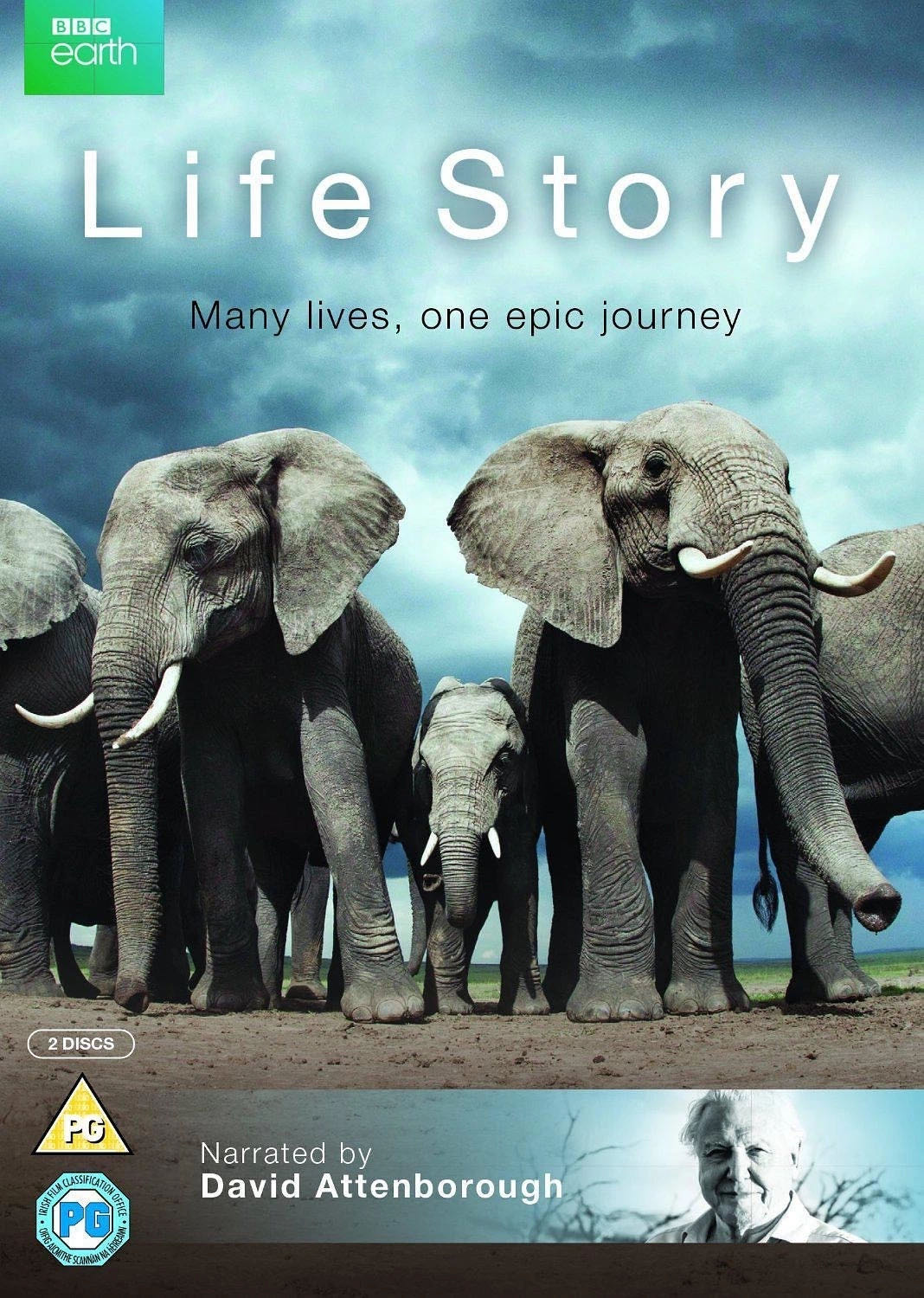
From the moment we are born, humans and animals on this planet embark on a journey where in we learn to walk, grow, develop our strengths, find a home, find a partner, and nurture our offspring.
We humans have many goals and aspirations in our lifetime, but the animals in the documentary series Life Story have one only: to extend the lineage of their species through reproduction. Narrated by David Attenborough, this series gives audience an insight into what it is like for animals facing difficult choices as they develop into adults, learn to survive, and find a mate.
7
Spy in the Wild
First aired: 2017 | 5 episodes * 60 minutes
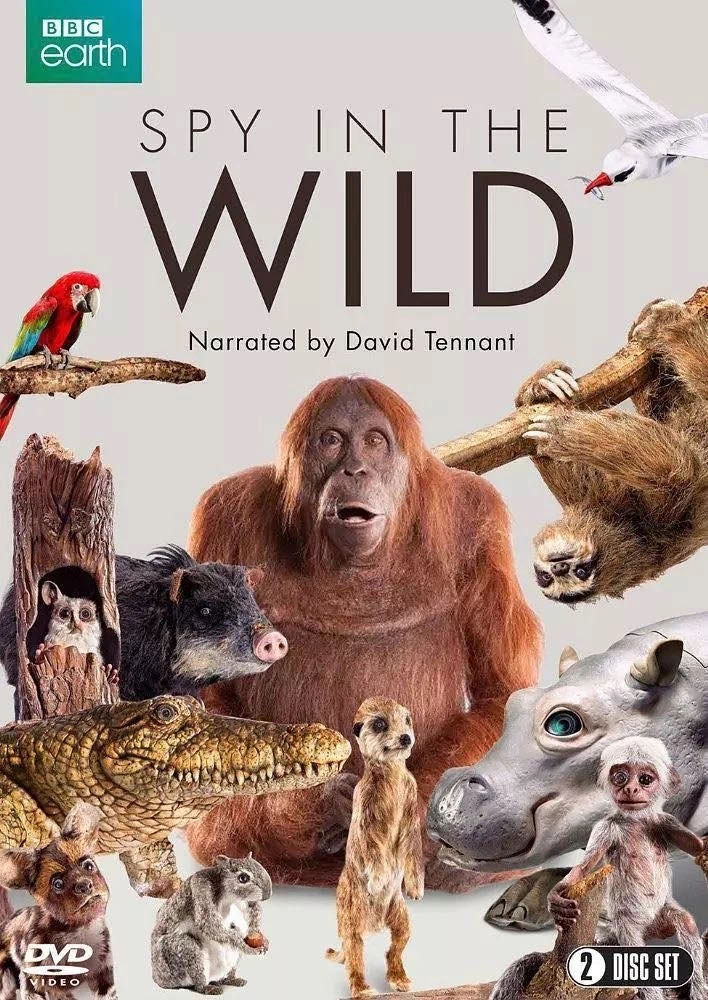
The production team behind Spy in the Wild employed more than 30 animatronic ‘spy cameras’ to secretly infiltrate and record animal behaviour in the wild.
This series will give its audience new insights into the ‘private’ life of animals around the world; how they express love, ideas, friendship, and eve n mischief.Spy in the Wild is a must-watch for all “spy” genre lovers out there, as well as anyone interested in an up-close look into the lives of some of the planet’s most interesting creatures.
8
Hidden Kingdoms
First aired: 2014 | 3 episodes * 60 minutes
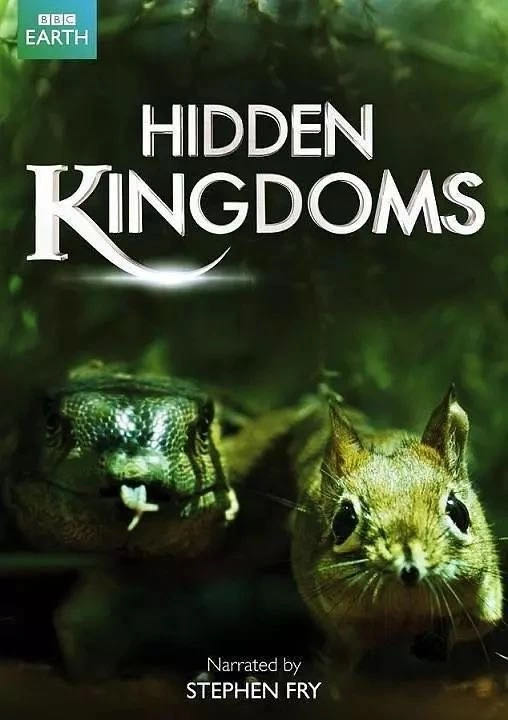
Hidden Kingdoms is a nature documentary series produced by the BBC and narrated by Stephen Fry. First broadcasted in 2014, this series introduces viewers to the unique and unexplored world of our planet’s smallest creatures.
Humans may not notice them in our daily lives, but in their hidden kingdoms these little creatures are invincible. Even when compared to larger mammals, Earth’s miniature predators are more fearless, intelligent, and somewhat prone to giving other animals “death threats”.
Watch this series to be immersed in the downsized, action-packed lives of Earth’s most miniature inhabitants.
9
How to Grow a Planet
First aired: 2012 | 3 episodes * 60 minutes
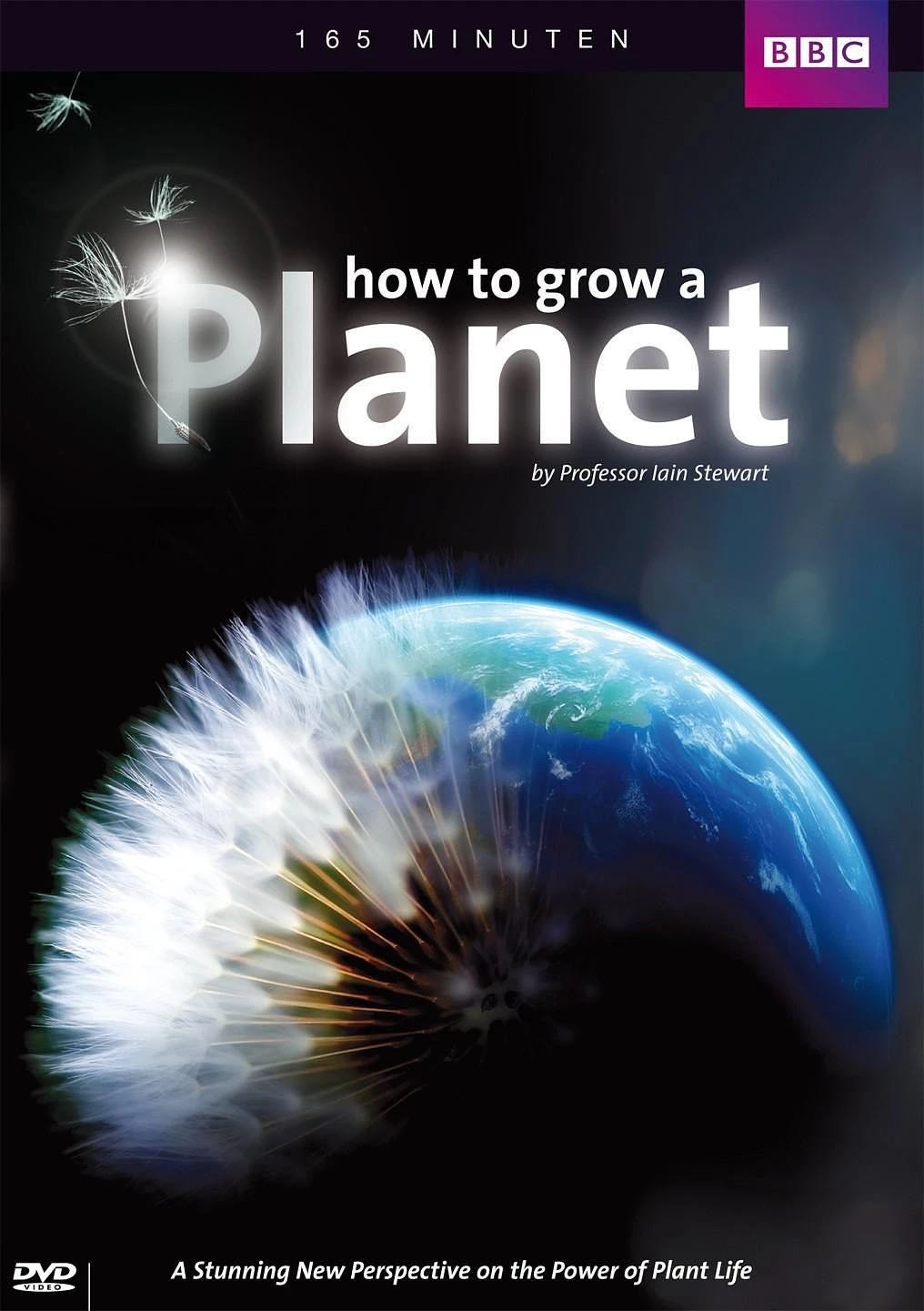
Many people think of humans as some of the mightiest creatures on Earth, but it is easy to forget that plants have als o played a vital role in pushing forward human evolution, too.
Every animal species on the planet relies on plants for survival, either directly or indirectly. According to How to Grow a Planet this may not be a coincidence, as plants are the most powerful force of evolution on Earth.
How to Grow a Planet will guide us through the world of plants and help us understand the relationship between plant life and everything else on Earth.
10
Kingdom of Plants 3D
First aired: 201 2 | 3 episodes * 52 minutes
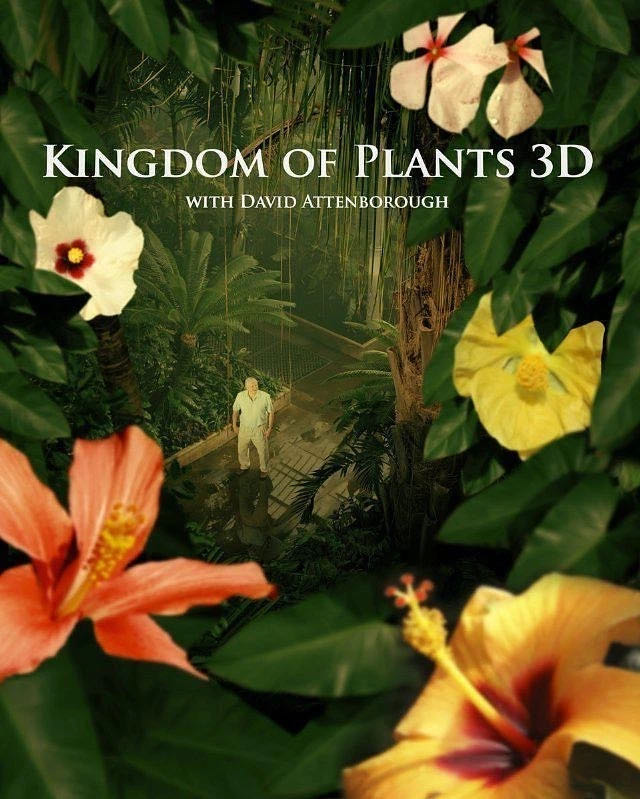
If you are impressed byHow to Grow a Planet, then you must not miss out on Kingdom of Plants 3D. Filmed in 2012 using the then-prevalent 3D technology, this documentary series explores the world of plants as observed over the course of a year at the Royal Botanical Gardens, Kew.
Written and presented by David Attenborough, this series explores the bizarre and beautiful relationships among the plants, the insects, and the fungi in the Royal Gardens.
By observing the magnificent power of nature in this series, we hope our children will recognise and appreciate the energy and vitality held by plants and the natural world.
Humans and Nature
11Human Planet
First aired: 2011 | 8 episodes * 59 minutes
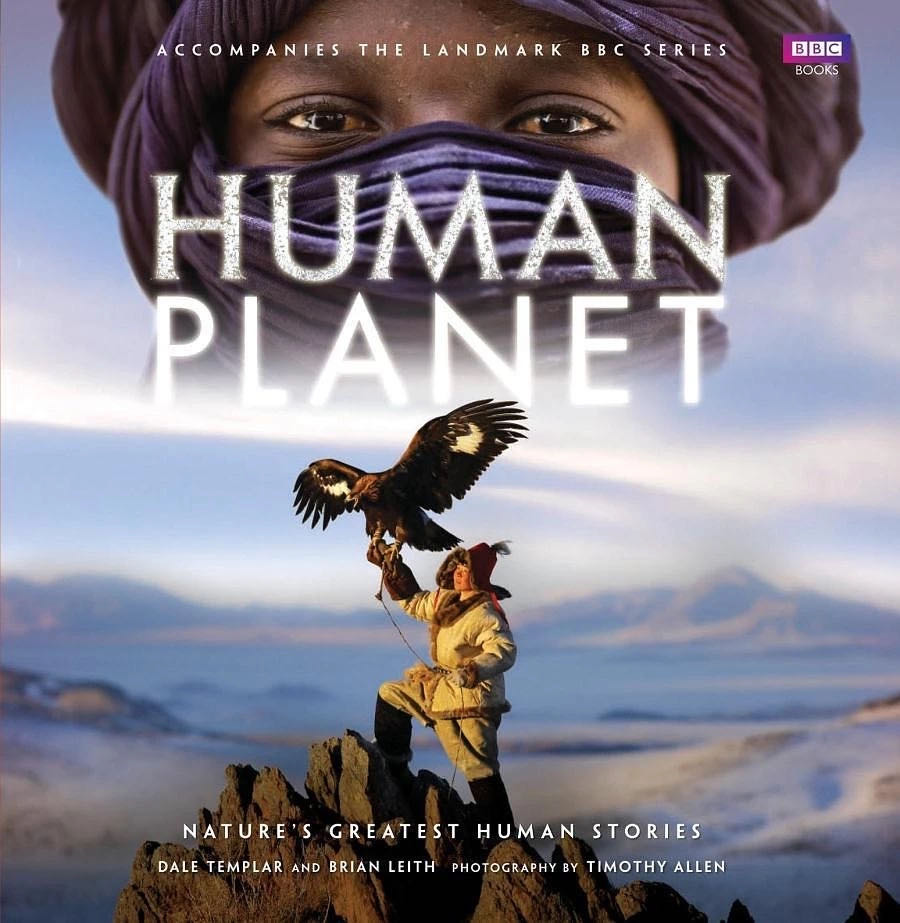
Human Planet is the BBC’s first human-centred documentary. Filmed in several locations around the world over a two-year period, this series documents how humans interact with their natural surroundings.
Narrated by John Hurt, each episode of the series focuses on a particular habitat, including the Arctic rivers and oceans, mountains, grasslands, jungles, and deserts.Human Planet explores humanity’s myriad of methods to survive and thrive in an ever-changing world, and explores the complex relationship between humans and nature.
12
Mountain: Life at the Extreme
First aired: 2017 | 3 episodes * 60 minutes
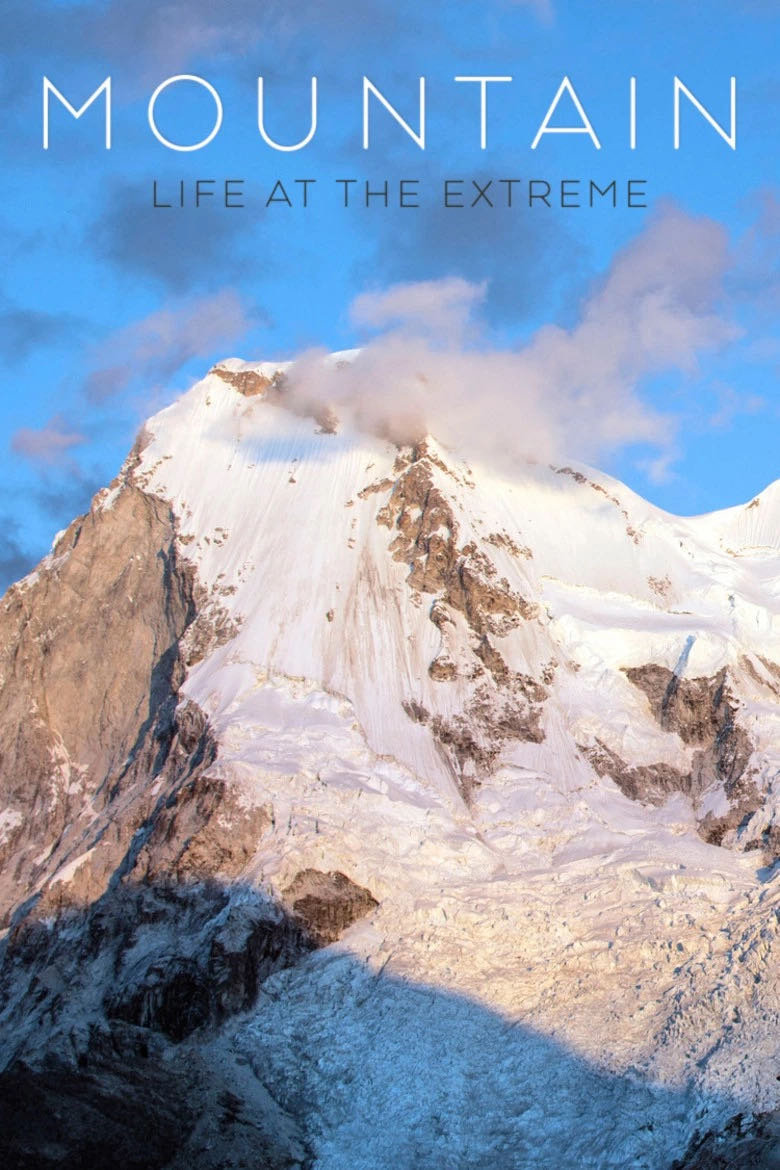
Using cutting-edge filming techniques, the BBC’s Natural History Unit produced Mountain: Life at the Extremein 2017. This three-part series explores life on some of the most iconic mountain ranges of the world – the Himalaya, Rockies, and Andes.
This documentary series is a must-watch for those interested in the extraordinary lives of animals and people who make a home for themselves in some of the harshest, most remote areas of the planet.
13
Home
First aired: 2009 | 118 minutes
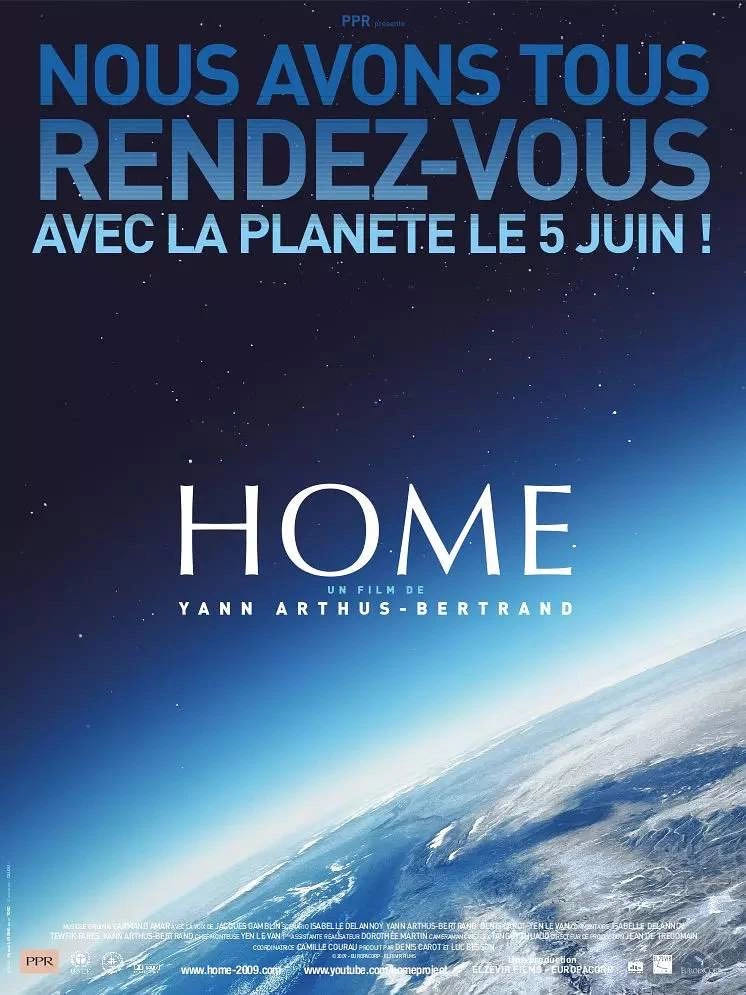
From the Great Barrier Reef to Mount Kilimanjaro; the Amazon Rainforest to the Gobi Desert; Texan cotton fields to Shanghai and Shenzhen’s industrial centres; Home‘s production team flew in a small helicopter through various regions in over 50 countries to capture film for this documentary.
Home depicts the origin and evolution of life on Earth. Since its early formation, our planet has undergone four billion years of evolution, and transformed from a clump of debris with little water to the beautiful blue planet we know today.
The modern human species, Homo sapiens, has only around 200,000 years of history. Throughout this comparatively short amount of time, we have exploited many of our planet’s scarce resources. Rare species have gone extinct, source materials have been exhausted, and pollution has become an increasingly serious environmental issue. What will the future of humanity and Earth look like? Home explores all of this and more in its 118-minute documentary.
Humans and Viruses










